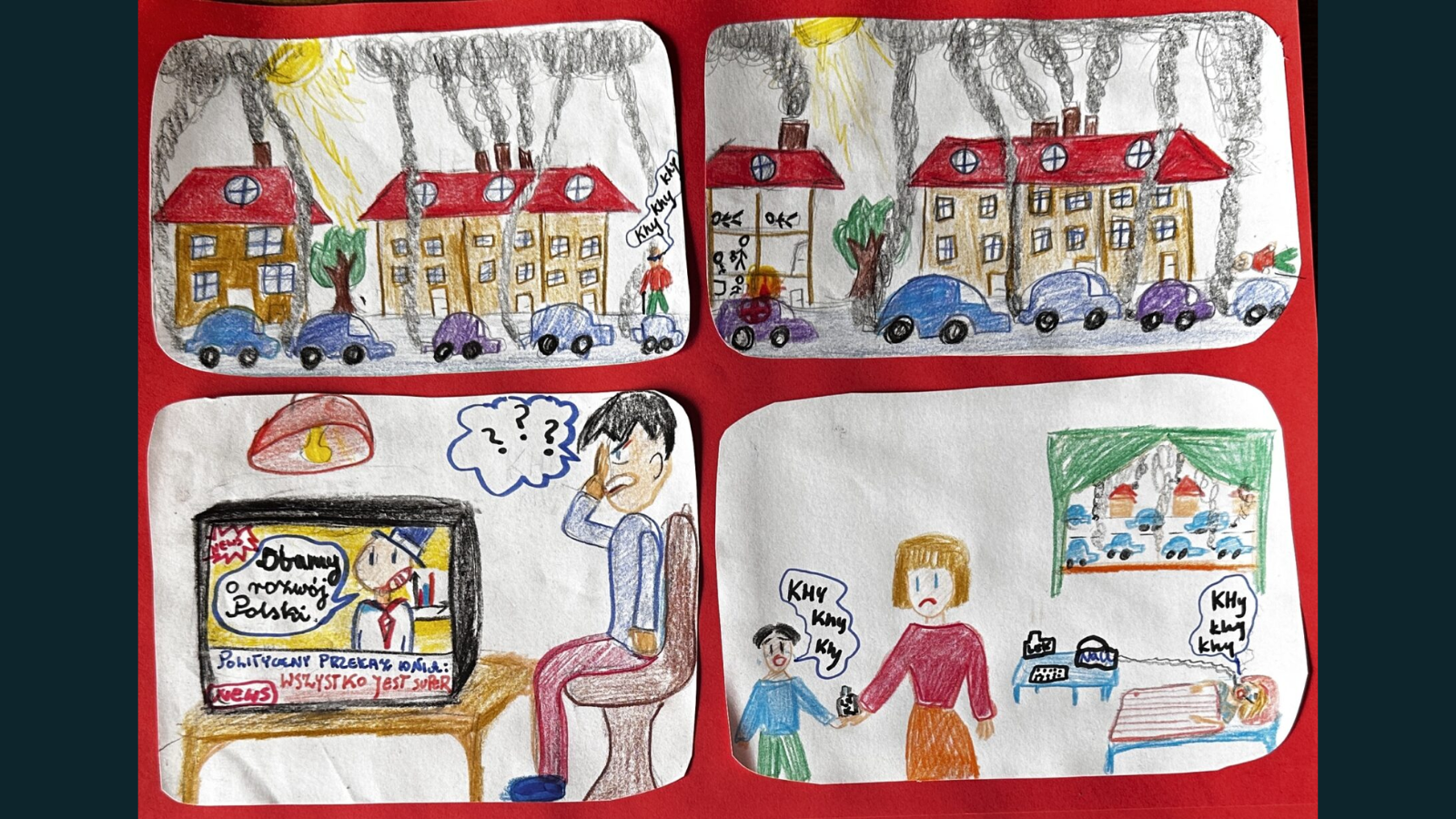As EU member states, regional and local authorities prepare to implement the revised Ambient Air Quality Directive (AAQD), this briefing by the Health and Environment Alliance (HEAL) argues that decision-makers and authorities should pay particular attention to addressing socio-economic inequalities in their clean air efforts. The swift transposition and implementation of the new rules, with strengthened administrative collaboration and the full utilisation of financial support schemes, promise significant progress towards cleaner air across Europe. Improved air quality will be beneficial to everyone and contribute to preventing health inequalities for those living in socioeconomically disadvantaged areas.
With our members, partners and our network, HEAL is working to tackle climate change as the public health challenge of the 21st century.
In order to reach a healthy energy future and healthy climate, our Brussels secretariat together with the country offices in the Western Balkans, Poland, Turkey and Germany engages a vibrant and ever growing network of health professionals at European, national and local level, but also internationally, to advocate and communicate to policy-makers and the public on the need for ambitious measures to decarbonize our energy system and the economy, and highlight the many win-wins for health from the right measures in the energy and climate fields.
Since 2009 HEAL has brought high-level health delegations to the UN COP negotiations, and partner for the Global Climate and Health Summit, organized by the Global Climate and Health Alliance, which HEAL co-founded. We also work closely with the World Health Organization (WHO) to raise awareness on how health is at the heart of climate change matters.
HEAL is also the only health partner in the Europe Beyond Coal campaign, dedicated to speed up the move away from coal and other fossil fuels and towards clean renewable energy.
We’re putting a spotlight on the energy sector, as power generation and consumption in Europe and globally are still dominated by the burning of fossil fuels, fueling not only health-harming global warming but also contributing to the air pollution crisis.
HEAL’s mission is to end fossil fuel subsidies by 2025, make Europe coal-free by 2030, and achieve 100% renewables in Europe by 2050, as outlined in the Healthy Energy Paper, available in English, Polish, Czech and German.
When talking energy forms and their health impacts, HEAL puts a particular spotlight on coal combustion, the most health harming form of energy generation.
With our landmark report, ‘Unpaid Health Bill – how coal power plants make us sick’, HEAL has been at the forefront of exposing the myth of coal as the cheapest energy source and of initiating public debates in European countries and beyond on how to reach a healthy energy future. The report provides the first ever calculation of the health costs associated with coal-fired power generation, and estimates that coal power adds a financial burden of up to €42.8 billion in health costs a year for the European population. The report also quantifies the health cost for individual countries.
Quick guide on how to calculate health cost of coal power generation (English, German, Serbian, Macedonian)
This health cost approach has prompted several follow up reports by climate and environmental NGOs including the ‘Dark Cloud‘ (2016), ‘Lifting the Dark Cloud‘ (2016), and ‘Last Gasp – the coal companies making Europe sick’ (2018).
HEAL has also led the way on exposing the health harming consequences of awarding public money for the production and consumption of fossil fuels. ‘Hidden Price Tags: How ending fossil fuel subsidies would benefit our health’, provides the first ever comparison of fossil fuel subsidies and the costs to health associated with air pollution from fossil fuels, and provides recommendations on how these funds could be re-allocated to boost health.



